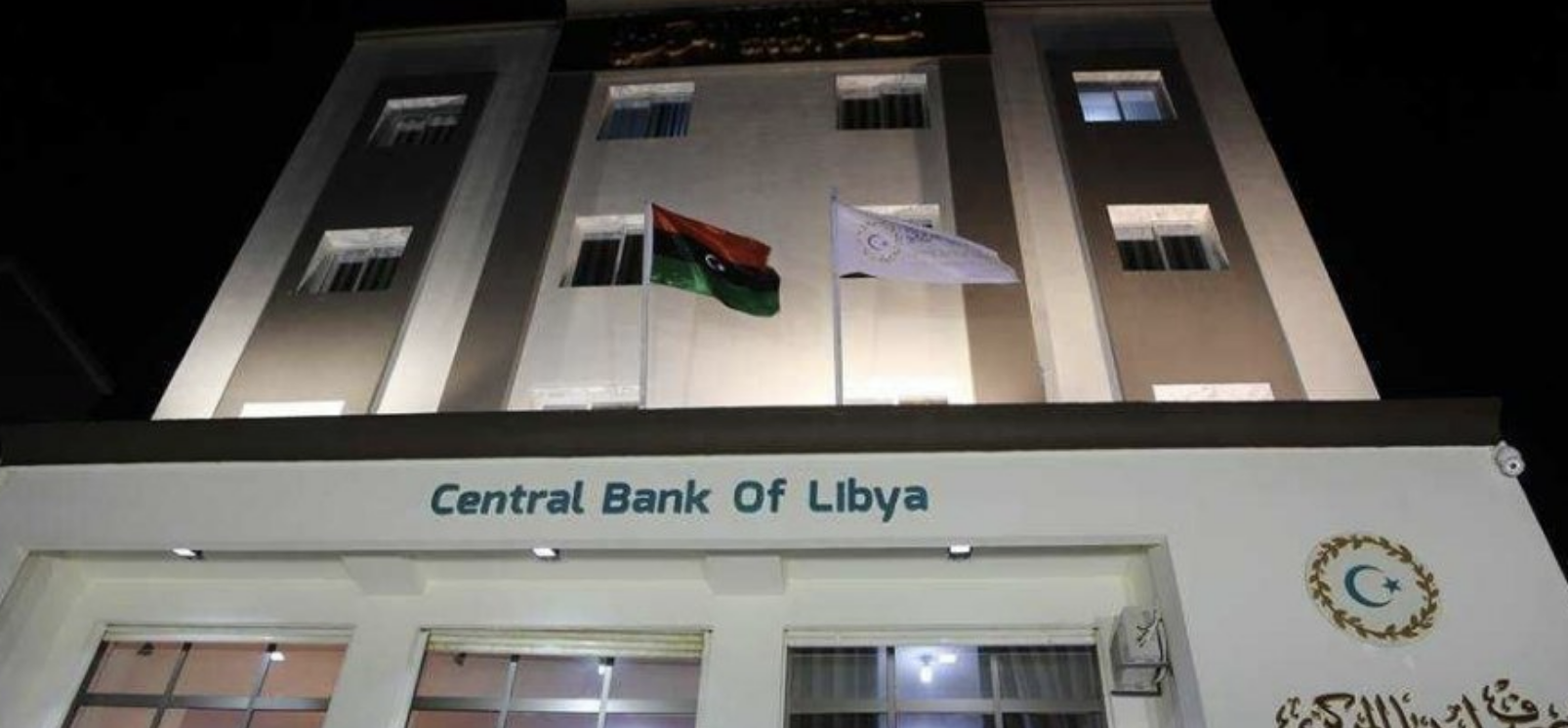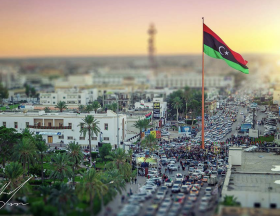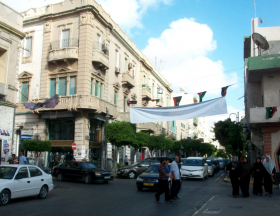The Central Bank of Libya (BCL) has published budgetary data for the whole of 2020, which should be taken with caution given their opaque and fragmented nature. Here's what to remember.
Budget revenues were limited to 4.5 billion LYD according to the BCL, far from the initial target of 9.7 billion LYD against 33.9 billion LYD in 2019, a fall of -86.7%.
Due to the closure of oil installations between January and September 2020 and then the freezing of oil revenues, the oil revenues received by the BCL amounted to only 2.4 billion LYD and represented 54% of budget revenues, against 31.4 billion LYD and 92.6% of revenue in 2019.
Other revenue is mainly tax revenue (633 M LYD, or 14.2% of total budget revenue). Revenue from the currency sales tax is however recorded separately and is not included by the BCL in total revenue, whereas it would amount to LYD 15.3 billion at the end of December 2020, of which 1.6 billion LYD only intended for public investment and the rest used to repay the public debt.
Over the same period, budgetary expenditure would amount to 37.3 billion LYD (against 38.5 billion LYD initially planned for 2020 and 45.8 billion LYD in 2019, i.e. a decrease of -19.2% over one year).
The BCL registered a loan of 26.7 billion LYD to cover the “deficit”. Salaries, the first item of expenditure, would represent 58% of total public expenditure over the year 2020, followed by subsidies (15%), emergency expenditure (12%), and goods and services (10%). Regarding subsidies: 61% are fuel subsidies, 15% for drugs, 13% for electricity, 7% for sanitation and 4% for water.
Over the year as a whole, the foreign currency deficit stood at 9.3 billion USD, covered by the BCL’s reserves: payments in foreign currency would represent 13.1 billion USD, including the financing of commercial banks and government transfers, while revenues would have reached USD 3.8 billion, of which USD 2.1 billion came from oil revenues.
Especially that, the revenues of the National Oil Corporation (NOC) fell by -74% between 2019 and 2020 due to the oil blockade. NOC revenues amounted to around USD 1.115bn in December 2020, down -49% year-on-year (yoy) but up + 59% from the previous month, reaching the highest monthly level in the month. year 2020.
NOC’s December revenues were primarily related to sales of crude oil (91.7%) and gas and condensates (6.5%).
Cumulative revenues thus reached 5.89 billion USD in 2020 (i.e. -73.8%). Company president Mustafa Sanallah has also said that NOC wants to increase production to 2.1 million barrels per day.
Source French Embassy in Tunisia










